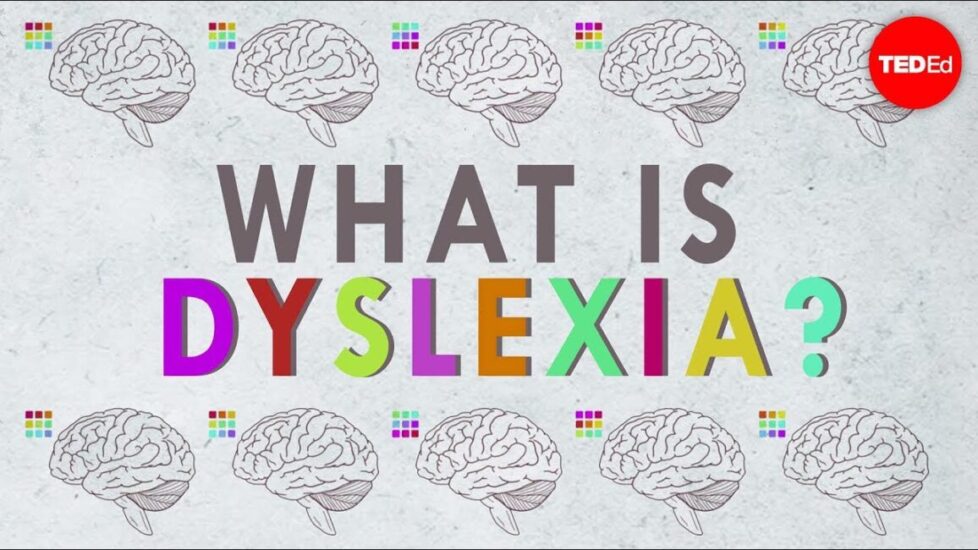
Dyslexia
(Reading and writing problems)
A child who appears to be bright when they are talking to you but is struggling to read, spell or cope with math, is a strong indicator that they may be dyslexic. Call now for a free consultation (813)468-6528.
Testing for dyslexia Tampa
Testing for dyslexia Miami
Testing for dyslexia Orlando
See below for more information about dyslexia
Testing for Dyslexia
It is very common for dyslexic children to be quite able, especially in the areas of creativity (art, drama, drawing, etc) and physical coordination (physical education, swimming, sports, building, etc.). However, there are marked differences in their neural links of their brain that makes it hard for them to deal with text (and often with numbers) without extra support. A reading age or grade level of two years below what you would expect from them is a strong sign of possible dyslexia. Call or text now for a free consultation (813)468-6528.
No two dyslexic children are exactly alike, and the above symptoms are just the more common ones. However, if a child is having difficulties with spelling and writing along with some of the above signs, it may be time to think about of a professional assessment. Child-Testing’s diagnostic process is thorough and in compliance with state and federal law READ MORE ABOUT OUR DIAGNOSTIC PROCESS. All testing is done in your own home by a licensed school psychologist. After testing, parents will receive a comprehensive report which includes an official diagnosis along with detailed classroom accommodations for the student. Child Testing Solutions serves all Florida counties and cities, including: the entire Tampa Bay area, Orlando, Jacksonville, Tallahassee, Panama City, Miami, Ft. Lauderdale, West Palm, Boca Raton and many more. Please call for more details. Call now (813) 468-6528.
Accommodations
Reading Disorder and Disorder of Written Expression, like other learning disorders, falls under the federal Individuals with Disabilities Education Act (IDEA). Definitions of learning disabilities vary among states, and some school districts are more willing than others to recognize specific learning disabilities. Moreover, any child who has a diagnosed learning disability should be eligible for an Individual Education Program (IEP) that provides customized instruction at the school designed to address the disability. Some common accommodations include: extra time allowance for classroom and standardized exams, oral exams in lieu or written, less amount of homework or assignments, preferential seating, separate testing area with a reader, spell check, class notes and others. Read more about accommodations for learning disabilities. Our report will recommend these and many other follow up treatments and supports after testing. Call us with any questions (813) 468-6528.
Early Signs of Dyslexia in Young Children
Common Signs of Dyslexia in Adults(College Students)
Visit our RESOURCE CENTER for more information